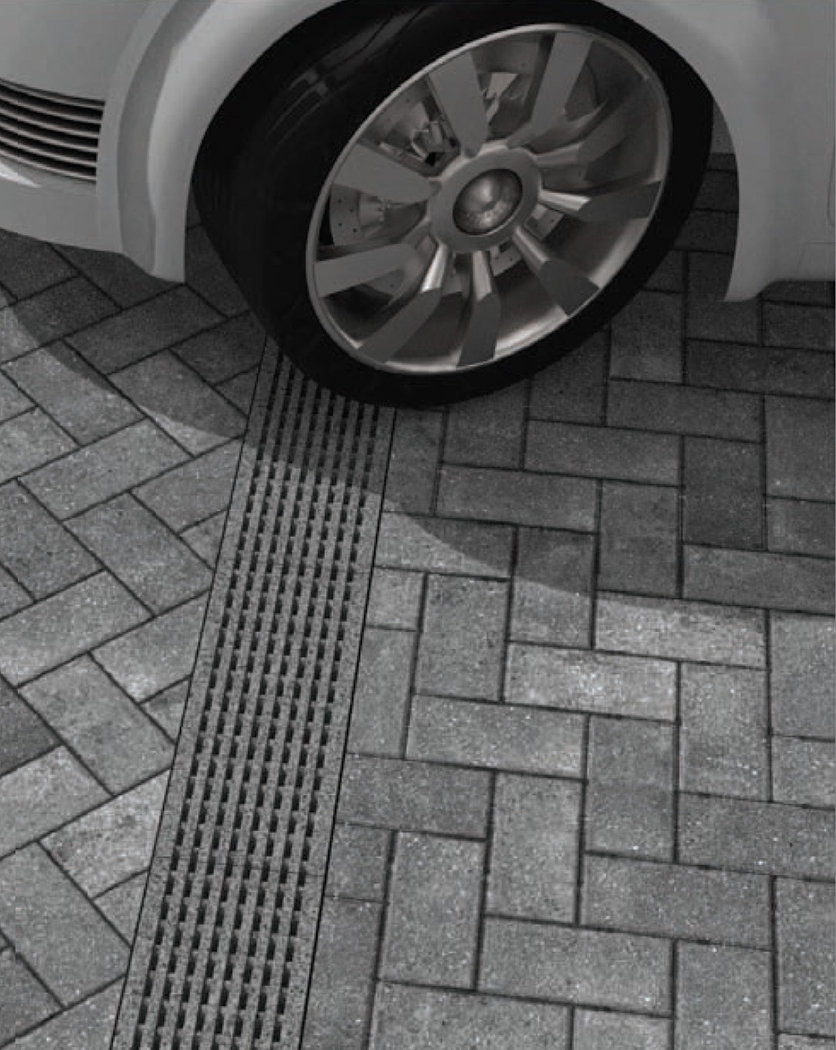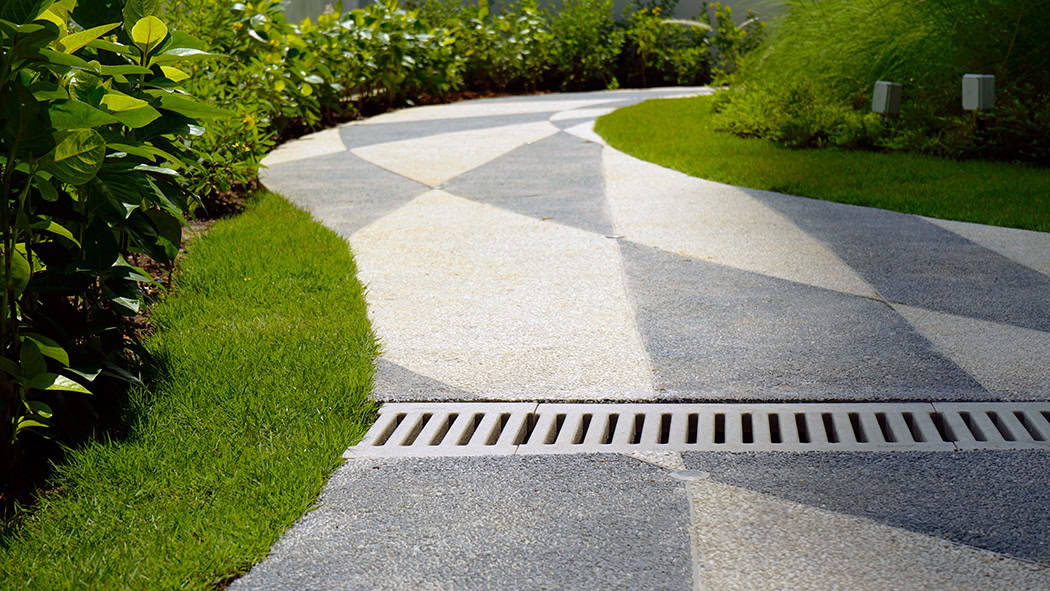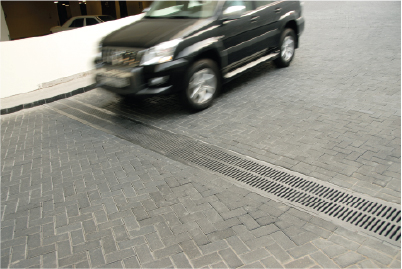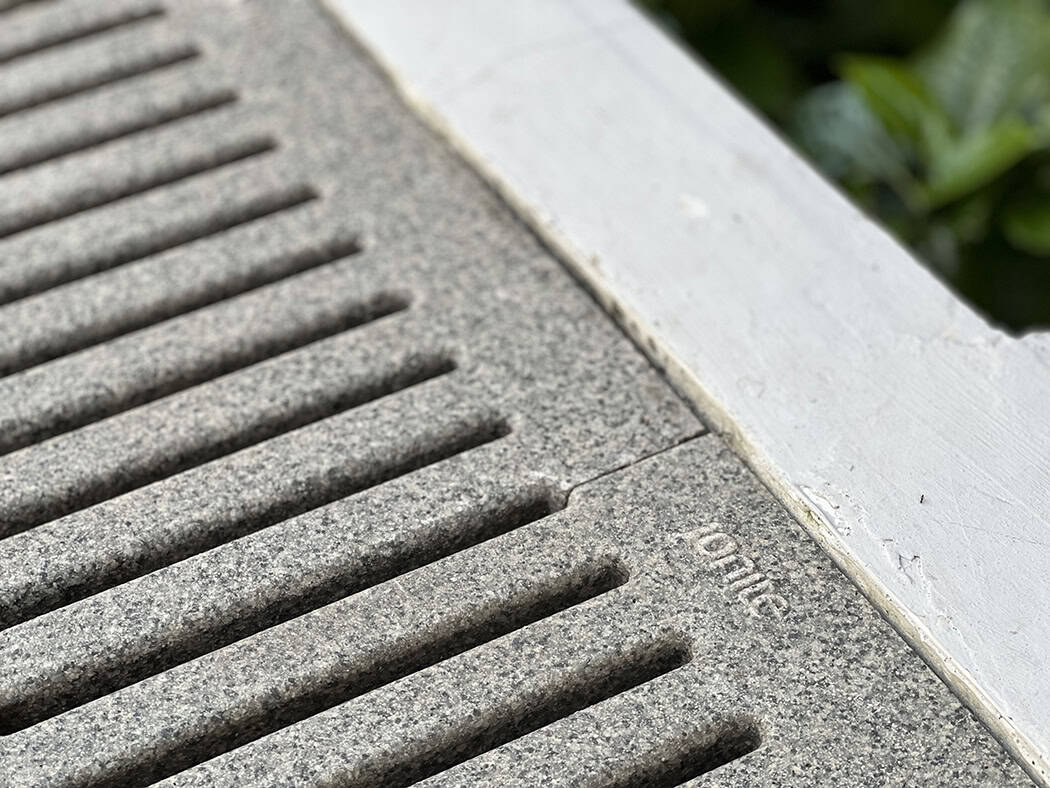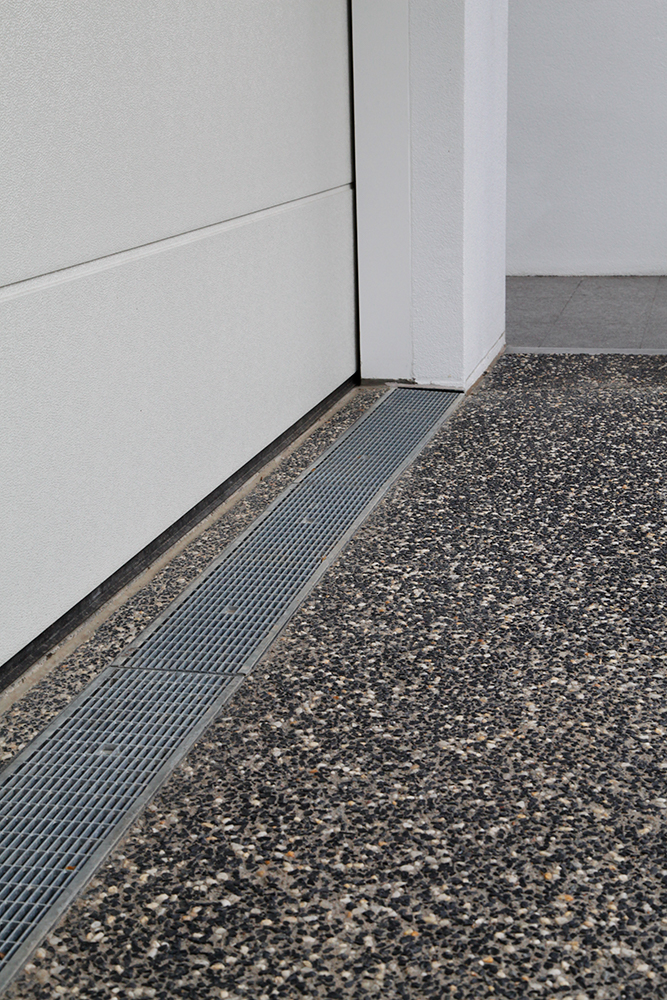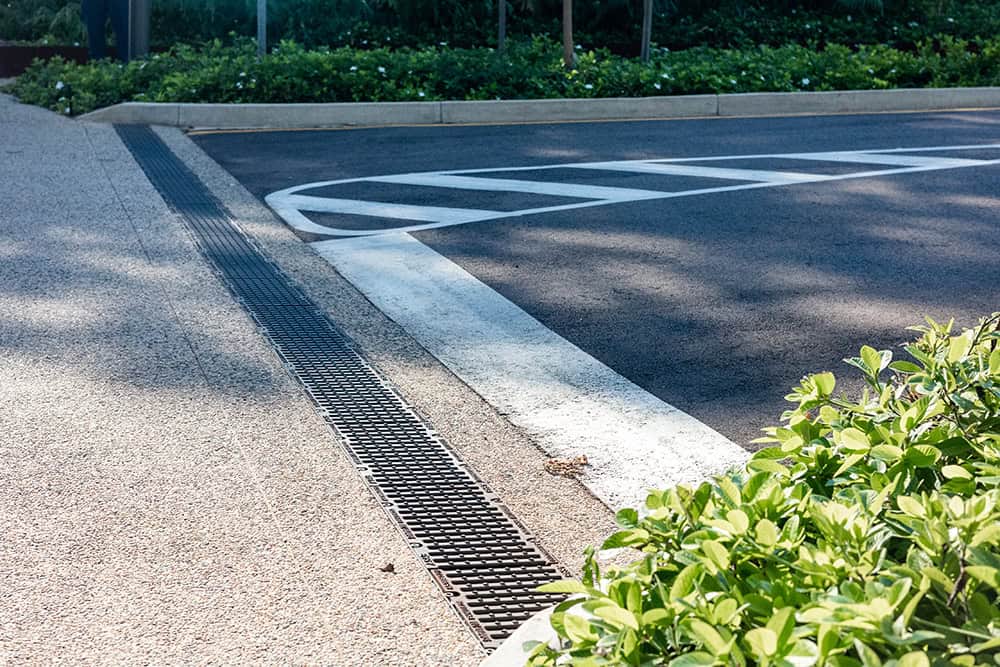Many homeowners focus on the more obvious aspects of property maintenance: mowing the lawn, painting the house or fixing a leaky roof. However, one critical element often goes unnoticed until its too late: driveway drainage. Proper drainage is essential to maintaining the integrity of your driveway, home & property. Overlooking this aspect can lead to a cascade of problems, some of which can be incredibly costly and damaging. This blog will delve into the dangers of ignoring driveway drainage and offers insights into why this seemingly minor detail deserves significant attention.
Foundation Damage
One of the most severe consequences of poor driveway drainage is damage to the foundation of your home. When water is not adequately diverted away from the driveway, it can seep into the ground around your house. Over time, this excess moisture can erode soil supporting the foundation, leading to cracks and potentially structural instability.
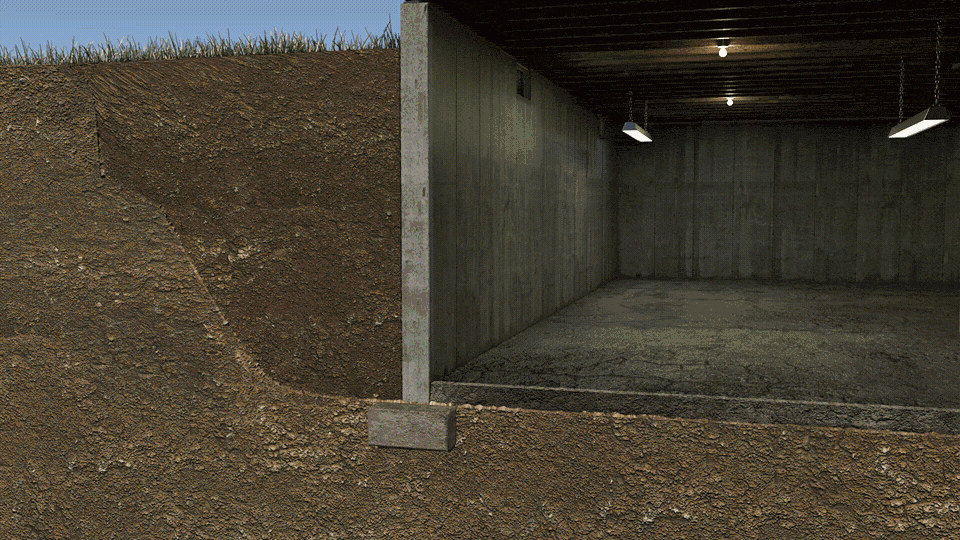
Driveway Deterioration
One of the most severe consequences of poor driveway drainage is damage to the foundation of your home. When water is not adequately diverted away from the driveway, it can seep into the ground around your house. Over time, this excess moisture can erode soil supporting the foundation, leading to cracks and potentially structural instability.
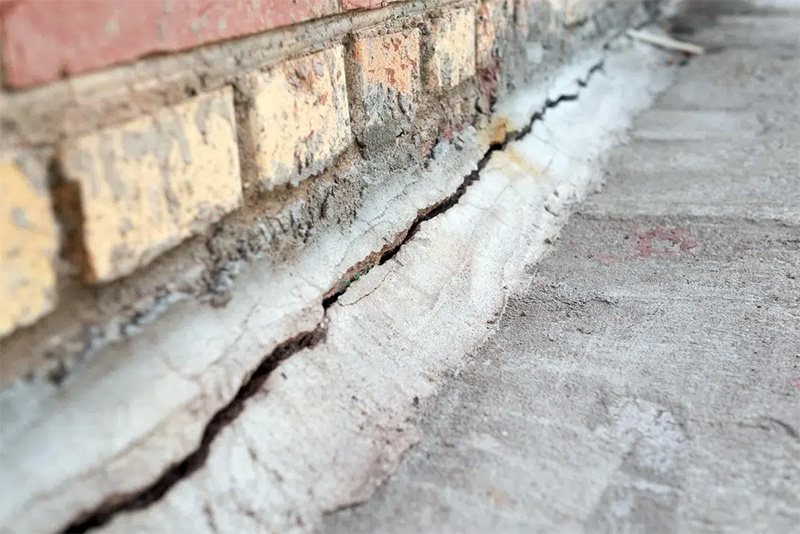
- ErosionConstant water exposure can erode the materials in your driveway, whether it's asphalt, concrete, or pavers. This erosion can lead to potholes, cracks, and general wear and tear.
- Freeze-Thaw CyclesIn colder climates, water that seeps into cracks can freeze and expand, causing the cracks to widen and the surface to break apart. This cycle can quickly turn minor imperfections into significant damage.
- Algae & Mold GrowthStanding water can encourage the growth of algae and mold, making your driveway slippery and unsightly.
Landscape Damage
A poorly drained driveway can wreak havoc on your landscaping. Excess water leads to soil erosion that damages plants, trees and shrubs. Additionally, waterlogged soil can suffocate plant roots leading to death or stunted growth. Over time, your beautiful landscaped yard will turn into a muddy mess, requiring extensive work to restabilize the soil.
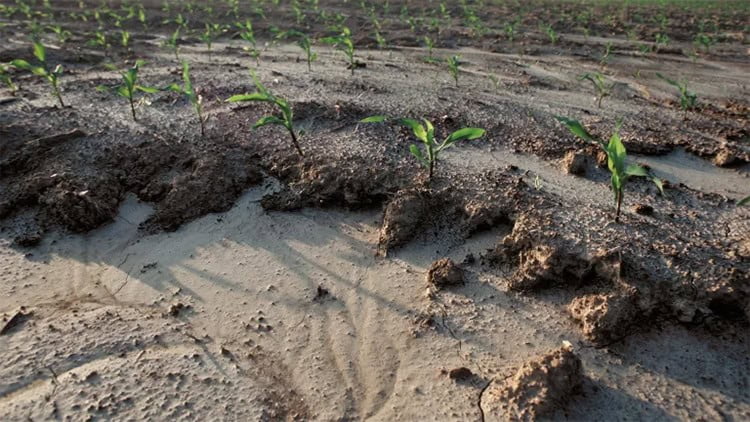
Basement Flooding
If you have a basement and your driveway slopes towards your home and lacks proper drainage, water can be directed toward your basement. This will lead to flooding which can cause severe damage to personal belongings, electrical systems and structural components. Water in the basement creates an ideal environment for mold growth, which is a dangerous health risk.
Increased Maintenance Costs
Neglecting driveway drainage can result in maintenance costs over time. Regularly dealin with issues such as filling potholes, repairing cracks and cleaning up after flooding can add up quickly. Investing in proper drainage solutions initially can save you from these recurring expenses and stress that comes with constant repairs.
Safety Hazards
A driveway with poor drainage is a safety hazard - standing water can make the surface slippery, increasing the risk of slips and falls. Ensuring as adequate drainage system is installed will help maintain a safe environment for your family and visitors.
Environmental Impact
A driveway with poor drainage is a safety hazard - standing water can make the surface slippery, increasing the risk of slips and falls. Ensuring as adequate drainage system is installed will help maintain a safe environment for your family and visitors.
Addressing Driveway Drainage: Solutions and Best Practices
Given the significant dangers of overlooking driveway drainage, it's essential to take proactive steps to address potential issues. This means planning it as part of your home build/renovations or taking action as soon as you can.
Proper Grading
Ensuring that your driveway is graded correctly is one of the most important steps in preventing drainage issues. A well-graded driveway should slope away from your home, directing water toward designated drainage areas such as stormwater gutter drains. Consulting with a professional will help you achieve the correct slope and ensure proper water flow.
Installing Trench Drainage Systems
Choosing the right drainage system for your driveway involves considering several factors. These factors include the slope of your driveway, the amount of rainfall in your area, and the overall design aesthetic you want to achieve. Additionally, it's essential to weigh the pros and cons of each system to ensure you make an informed decision.
When selecting a driveway drainage system, consider the slope of your driveway. A steeper slope may require a more robust drainage system to effectively redirect water. This is because water tends to flow faster on steeper slopes, increasing the need for a system that can handle the higher volume and velocity of water. On the other hand, if your driveway has a gentle slope, a less complex drainage system may suffice.
When selecting a driveway drainage system, consider the slope of your driveway. A steeper slope may require a more robust drainage system to effectively redirect water. This is because water tends to flow faster on steeper slopes, increasing the need for a system that can handle the higher volume and velocity of water. On the other hand, if your driveway has a gentle slope, a less complex drainage system may suffice.
In addition to the slope, the amount of rainfall in your area is another crucial factor to consider. If you live in an area with heavy rainfall, you'll need a drainage system that can handle a larger volume of water. This is particularly important to prevent water from pooling on your driveway, which can cause damage over time. Conversely, if you live in a drier climate with minimal rainfall, a simpler drainage system may be sufficient.
Lastly, consider the overall design aesthetic you want for your driveway. While functionality is key, it's also important to choose a drainage system that complements the visual appeal of your driveway. Some drainage systems, such as trench drains, offer customisable options to blend seamlessly with your driveway's design. This allows you to maintain a cohesive and visually pleasing look while ensuring effective water management.
Permeable Paving
Permeable paving allows water to seep through the surface rather than pooling on top. This approach can significantly reduce runoff and improve drainage. Materials such as permeable concrete, asphalt and pavers are designed to allow water infiltration, promoting better water management.
Regular Maintenance
Regular maintenance is crucial to keeping your drainage systems functional. This includes:
- Cleaning DrainsRemoving debris from drains and gutters to prevent blockages
- Inspecting for DamageRegularly checking for cracks, potholes and other damage that can impede damage
- Clearing VegetationEnsuring that plants and roots do not obstruct drainage paths
While it may be temping to overlook driveway drainage in favour or more visible home maintenance tasks, doing so can lead to significant and costly problems down the line. From foundation damage to safety hazards and evironmental impacts, the risks of neglecting proper drainage are too great to ignore. By taking proactive measures such as proper grading, installation of drainage system and regular maintenance, you can protect your driveway, home and landscaping from the hidden perils of poor drainage. Investing time and resources into addressing driveway drainage now can save you from a host of headaches and expenses in the future.
